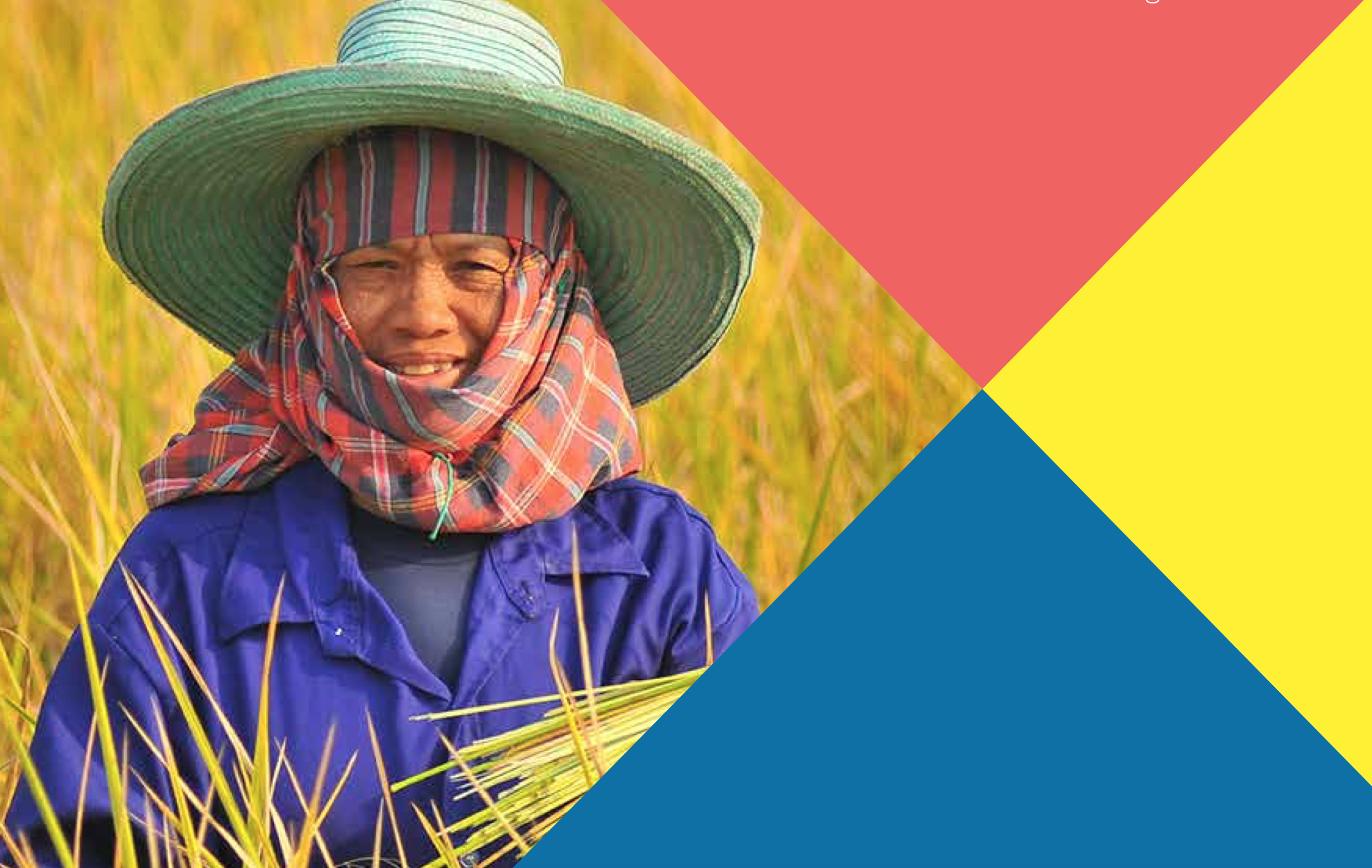
Access to justice for migrant workers in South-East Asia
There are estimated to be 20.2 million migrant workers originating from South-East Asia, nearly 6.9 million of whom migrated to other countries within the region (UNDESA, 2015). Although the labour rights and social protection benefits established for these workers are in many cases the same as nationals under law, they frequently experience unequal and discriminatory treatment in practice. The problem is compounded by ineffective mechanisms for resolving migrant worker complaints in most South-East Asian countries, which do not provide an accessible means for reporting and denouncing abuses when they occur.
Since 2011, the International Labour Organization’s (ILO) TRIANGLE in ASEAN programme has supported the operation of Migrant Worker Resource Centres (MRCs) in Cambodia, the Lao People’s Democratic Republic, Malaysia, Myanmar, Thailand, and Viet Nam. As part of the MRC service model, legal assistance is provided to migrant workers and members of their families. This allows migrants to seek redress for abuses during recruitment and employment, and to utilize the social protection benefits to which they are entitled.
This report provides a regional analysis of complaints data obtained by MRC legal service providers from 2011 to 2015. The dataset was analysed for utilization, subject of complaint, mechanism of resolution, duration for resolution, remedies awarded (including financial compensation), and sanctions ordered. In total, over 1,000 complaint cases – involving more than 7,000 women and men migrant workers – were analysed. As the data can only be meaningfully interpreted within context, the legal framework and operation of administrative complaint mechanisms in each of the six countries was also reviewed.
To read the full report please click here.
The International Labour Organization (ILO) is a United Nations agency whose mandate is to advance social and economic justice through setting international labour standards.
